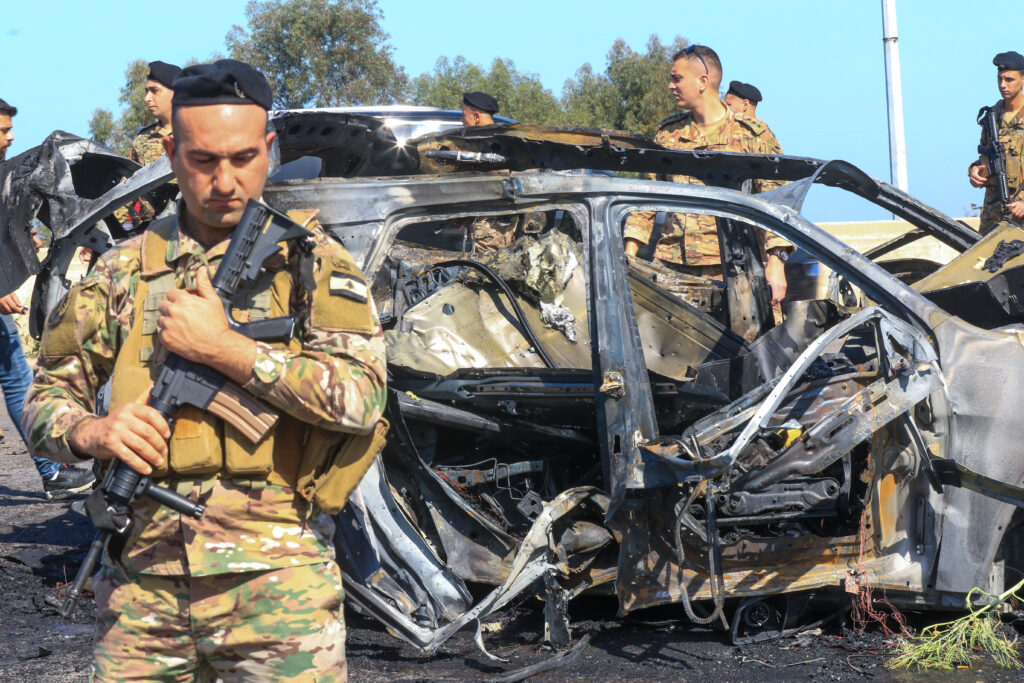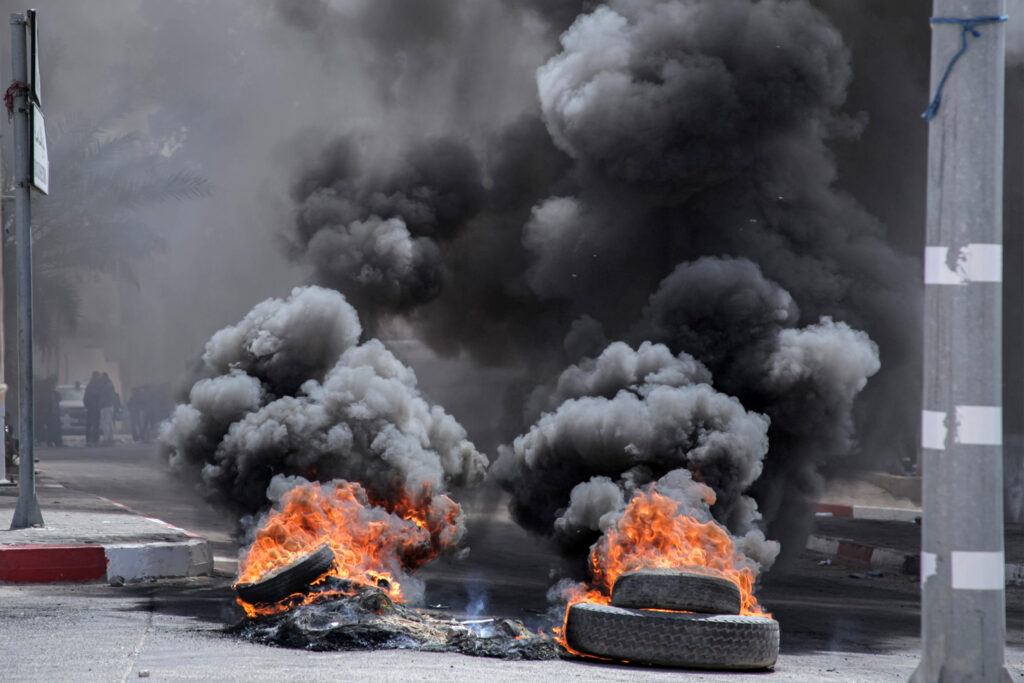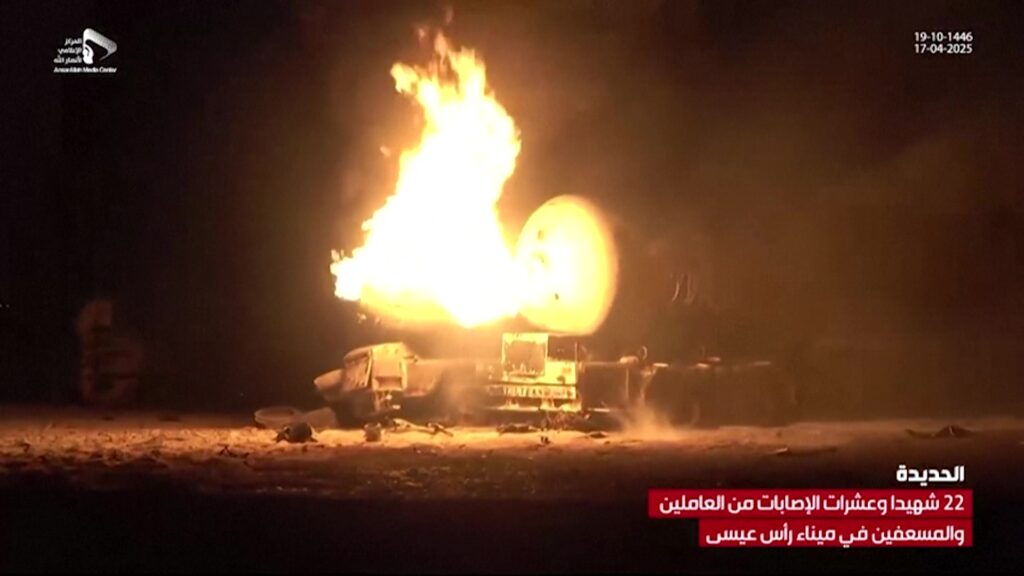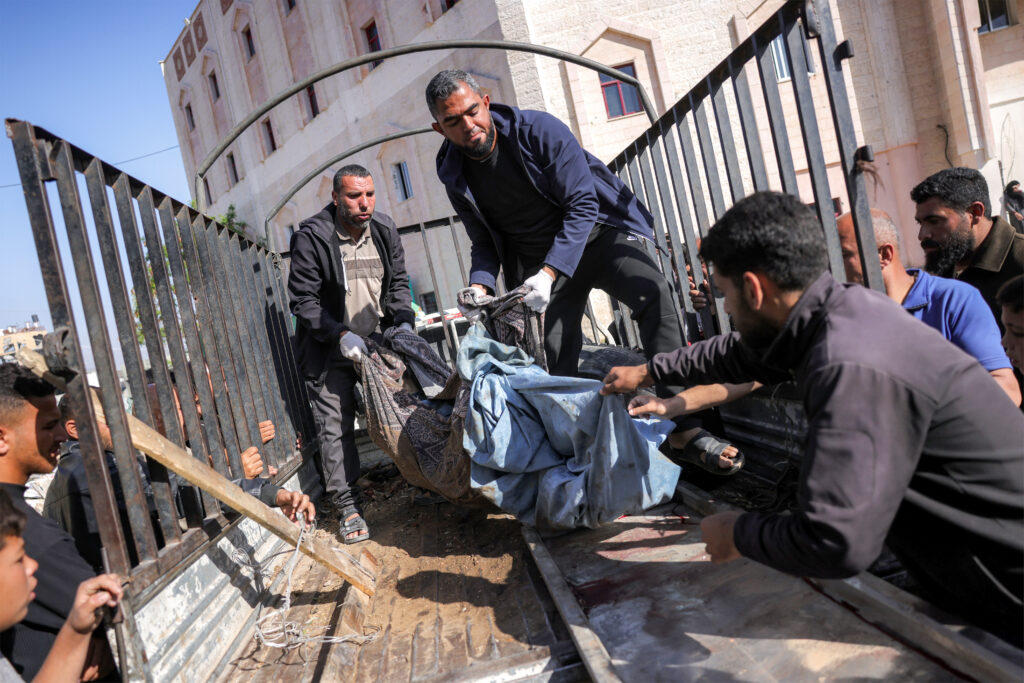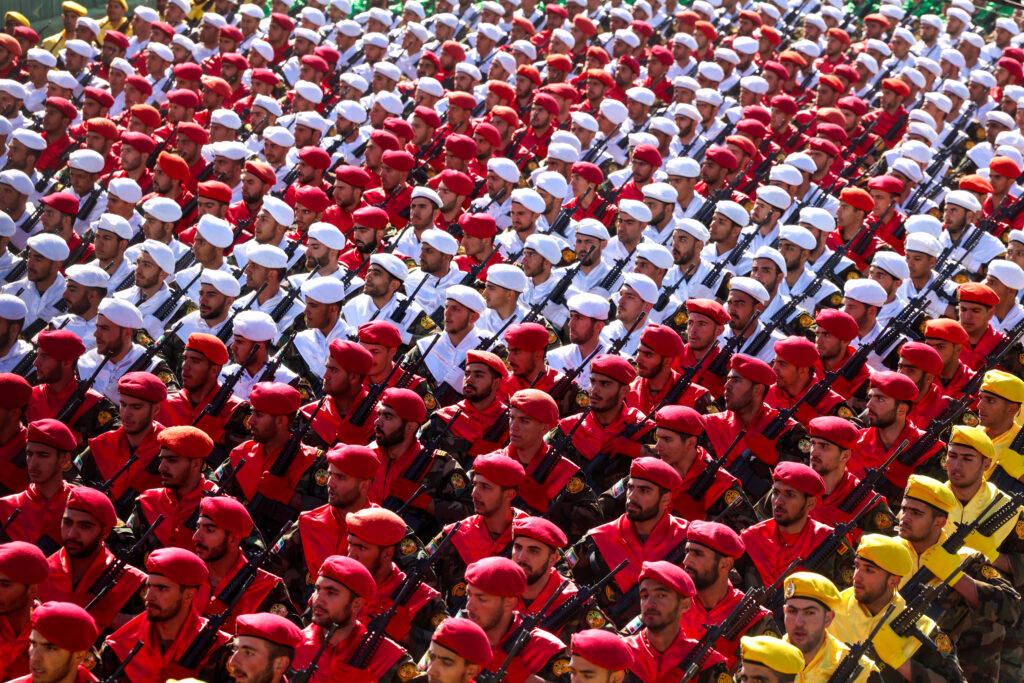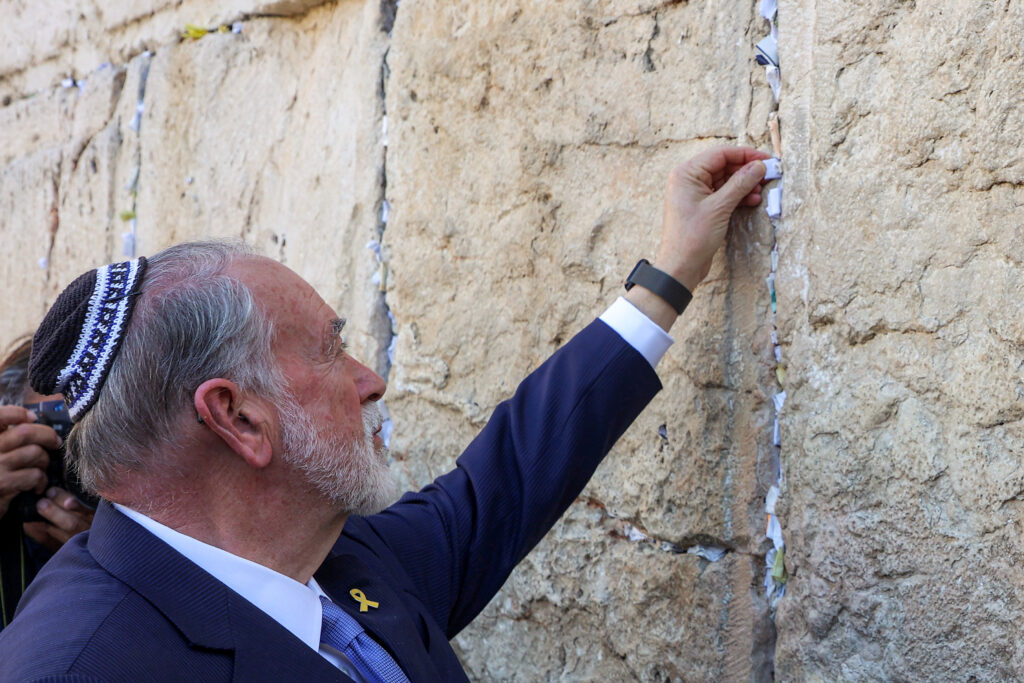US strikes on a Yemeni fuel port killed at least 58 people, Huthi rebels said Friday, in the deadliest attack of Washington’s campaign against the Iran-backed group.The strikes also injured more than 100 people, according to a Huthi-run television station that broadcast footage of large blazes lighting up the night sky.The US military said its attack on the Ras Issa fuel terminal on the Red Sea aimed to cut off a source of supplies and funds for the Huthis, who control large swathes of the Arabian Peninsula’s poorest country.The strikes, the latest in an intense wave of attacks under President Donald Trump, came a day before the US resumes negotiations in Rome with Iran over its nuclear programme.”The death toll… has risen to 58 martyrs and 126 wounded,” the Huthis’ Al-Masirah TV said, quoting health authorities in rebel-held Hodeida, about 50 kilometres (30 miles) southeast of the terminal.AFP could not independently verify the figures.The US military has hammered the Huthis with near-daily air strikes in a bid to end their attacks on shipping in the Red Sea and Gulf of Aden. Claiming solidarity with Palestinians, the rebels began attacking the key maritime routes and Israel after the Gaza war began in October 2023. They paused their attacks during a recent two-month ceasefire.The attacks under Trump began with a series of strikes on March 15 that left 53 people dead, according to the Huthis.In a statement, United States Central Command (CENTCOM) said: “US forces took action to eliminate this source of fuel for the Iran-backed Huthi terrorists and deprive them of illegal revenue that has funded Huthi efforts to terrorise the entire region for over 10 years.”Ships “have continued to supply fuel via the port of Ras Issa” despite Washington this year designating the rebels a foreign terrorist organisation, CENTCOM added, without specifying the source of the fuel.- ‘Everything was on fire’ -In images broadcast early Friday by Al-Masirah, a fireball was seen igniting off the coast as thick columns of smoke rose above what appeared to be an ongoing blaze.The Huthi TV station later screened interviews with survivors lying on stretchers, including one man with burns on his arms.”We ran away. The strikes came one after the other, then everything was on fire,” one man who said he worked at the port told Al-Masirah.US strikes on the Huthis began in January 2024 under former president Joe Biden but have resumed and multiplied under Trump.The Huthis are part of Iran’s “axis of resistance” also including Gaza’s Hamas and Lebanon’s Hezbollah — both hit hard by wars with Israel and killings of top leaders.In January Israel carried out air strikes in Ras Issa and elsewhere in Yemen, describing the targets as military infrastructure. Similar Israeli strikes that also included Ras Issa happened in September.Iran called the latest US strikes “barbaric”, while Hamas denounced them as “blatant aggression”.On Saturday, the US and Iran are to continue talks aimed at curbing Tehran’s nuclear programme, following warnings it is getting ever closer to building an atomic weapon.”The military actions in Yemen are clearly sending a signal to Tehran,” Mohammed Albasha, a US-based consultant, told AFP.”The message today is unmistakable: the US is targeting not only Huthi military assets and personnel, but also their economic infrastructure,” he added.The latest US campaign was triggered by Huthi threats to resume attacks on international shipping in protest at Israel’s blocking aid to the Gaza Strip.Also on Friday, Israel’s military said it intercepted an incoming missile from Yemen that set off sirens in “several areas”.- ‘Death to America!’ -In Saada, the Huthis’ stronghold in rugged northern Yemen, hundreds of people chanted “Death to America! Death to Israel!” in rebel-organised protests, Al-Masirah footage showed.Separately, US State Department spokeswoman Tammy Bruce accused the Chinese satellite firm Chang Guang Satellite Technology Company of “directly supporting” Huthi attacks on “US interests”.Bruce did not initially provide details, but later referred to “a Chinese company providing satellite imagery to the Huthis”.Huthi attacks on the Red Sea shipping route, which normally carries about 12 percent of global trade, forced many companies into costly detours around the tip of southern Africa.
